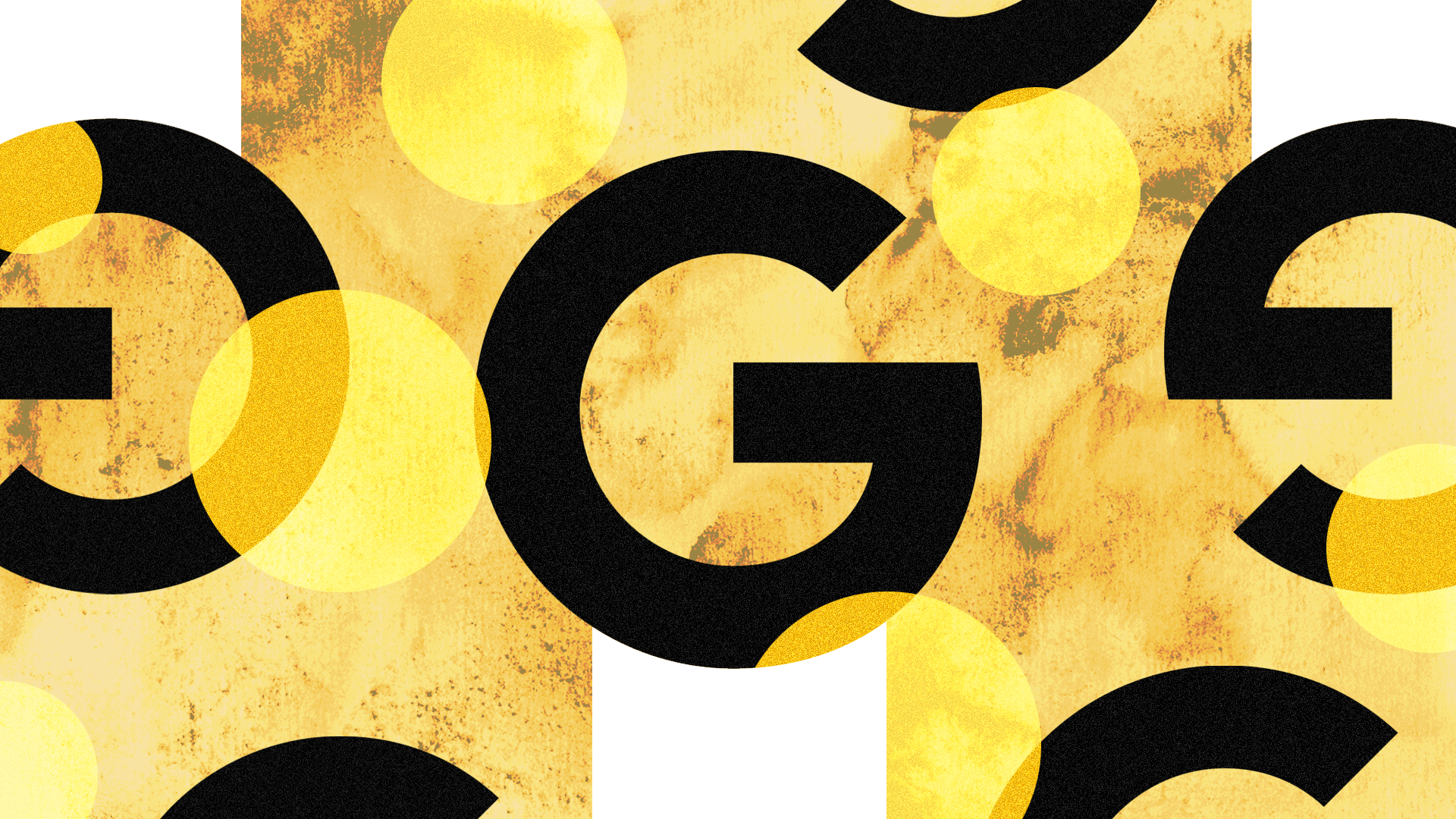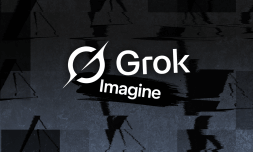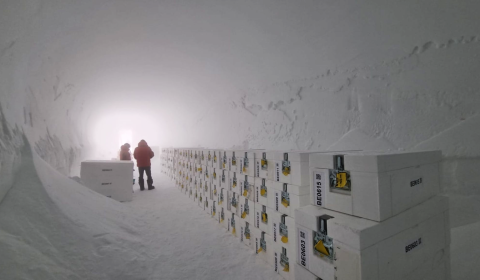In an effort to reduce low-quality articles and unoriginal content, Google is making big changes to its search algorithm.
A new core update to Google’s search traffic algorithm could have wide-reaching implications for SEO experts and copywriters.
The company is further boosting its low-quality downranking project that it began testing in 2022. In a statement that year, Google explained that it had ‘launched thousands of updates to Search based on hundreds of thousands of quality tests’ in which it hoped to rank higher quality content that wasn’t put together by AI.
Given the advancements of ChatGPT and DALL.E over the past twelve months alone, it’s no surprise that Google’s focus is to better separate AI-generated articles from genuine ones written by actual humans.
Google says that ‘this update involves refining some of our core ranking systems to help us better understand if webpages are unhelpful, have a poor user experience or feel like they were created for search engines instead of people. This could include sites created primarily to match very specific search queries.’
This is an important part of the algorithmic change, as many websites have historically created content and articles based on very specific keyword matched pages. Until now, SEO agencies have recommended that brands tailor their content to fit a certain niche.
Today we announced the March 2024 core update & new spam policies that, in combination, are designed to show less content made to attract clicks and more content that people find useful. Learn more: https://t.co/wQVZ8mExRB
— Google Search Central (@googlesearchc) March 5, 2024
These websites may see their performance take a hit.
However, this update could be more effective at snuffing out websites that have used AI to align their content around every possible variation of a specific keyword, which often impacts the efficiency, user experience, and relevancy of the actual information on the page.
In addition, Google stated that ‘based on our evaluations, we expect that the combination of this update and our previous efforts will collectively reduce low-quality, unoriginal content in search results by 40%.’
That is a big number that could cause sizeable overhauls to Google search pages. It may have wider knock-on impacts for SEO agencies and copywriters, who may need to tweak their methods in order to better leverage Google’s algorithmic rankings.
Apparently, the latest Google Core Update will say bye bye to:
1. Bulk published AI content
2. Parasite SEO
3. Expired domainsI hope they can do it 💪
— Niche Site Lady (@NicheSiteLady) March 5, 2024




















